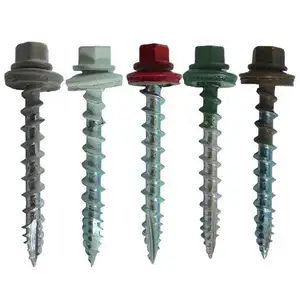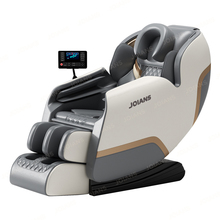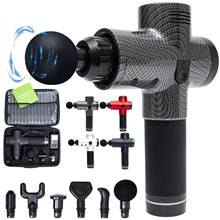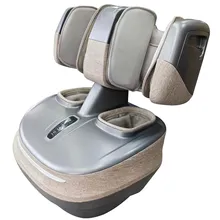
Vít Lợp Mái Vít Lợp Mặt Bích Lục Giác 65Mm Đài Loan Chất Lượng Cao Với Vòng Đệm Cao Su Vít Đầu Lục Giác Cho Tấm Lợp Kim Loại Loại


Chất lượng cao bằng thép không gỉ Hex đầu Tự Khai thác vít lợp với máy giặt cho các dự án lợp cao cấp


Nhôm 6061 7075 Titan gr2 GR5 màu xanh vàng Anodized rãnh Torx phẳng chìm csk đầu máy vít din963 iso14581


























 浙公网安备 33010002000092号
浙公网安备 33010002000092号 浙B2-20120091-4
浙B2-20120091-4